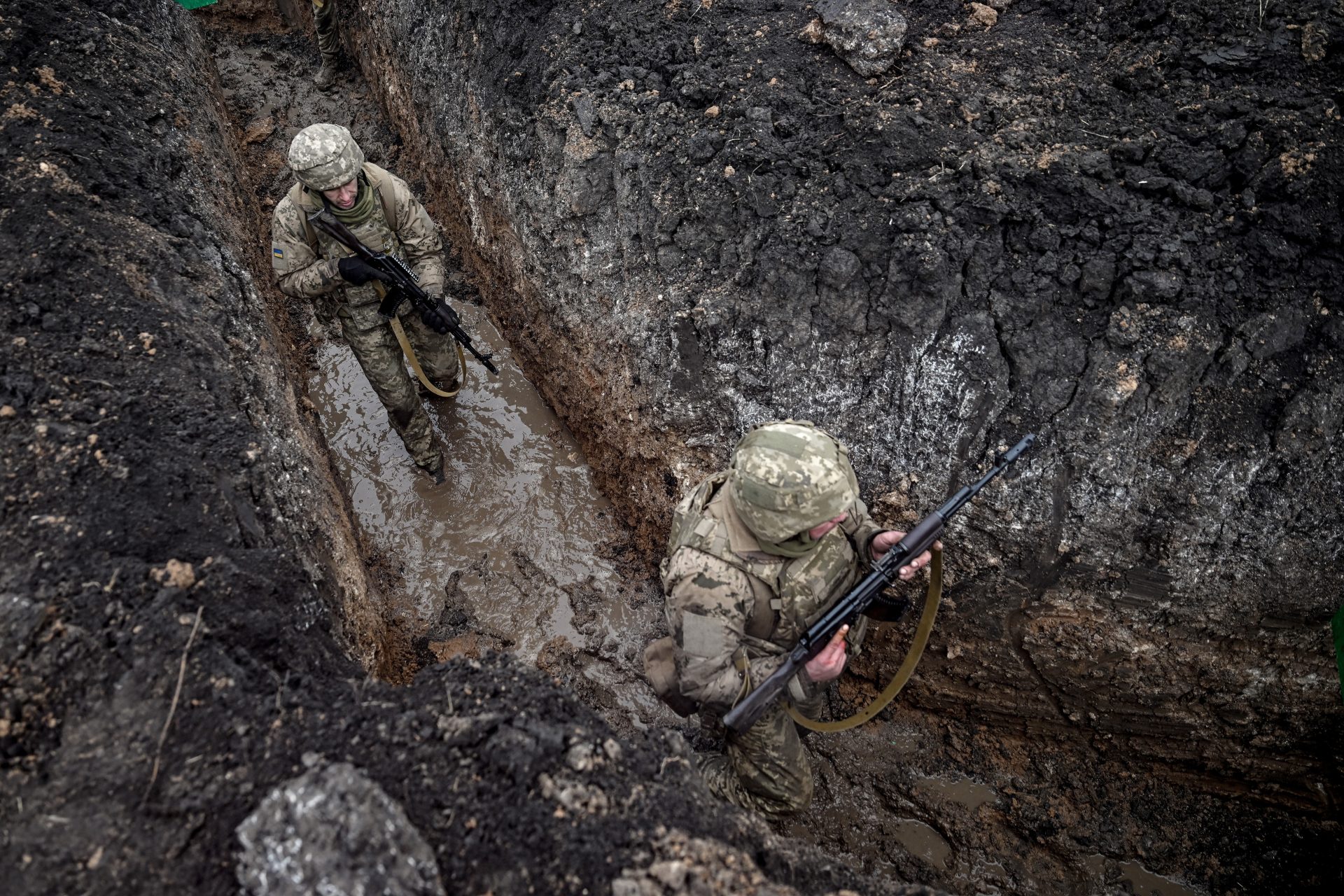Former Taliban soldiers want to move to Western countries
Eighteen months after the establishment of the Taliban’s new Islamic Emirate of Afghanistan many of the group's former fighters have left the country in search of peace and a better life in the Western world after years of war.
French magazine Marianne followed the tale of one of these former Taliban soldiers to better understand why so many were leaving Afghanistan and heading to live in the former countries they fought against.
Hamad, whose last name wasn’t given by the Marianne journalists who interviewed him, was a native of Lôgar, 80 km to the south of Kabul. Hamad had never stepped foot in Afghanistan's capital city before August 15th, 2021 when he entered on the day the Taliban retook the city from coalition forces.
Since the re-establishment of Taliban control over Afghanistan, Hamad worked as a member of the country’s special forces unit Badri 313, and was tasked with running checkpoints. But Hamad admittedly didn’t want that life anymore.
"I am tired of war. I have killed many people. I have no regrets, but today I want to move on," Hamad told journalist Célia Cuordifede and Mortaza Behboudi without showing signs of remorse.
After seven years of war, the former Taliban fighter told Cuordifede and Behboudi that he feels entitled to some “peace” and “freedom,” two words that seem antithetical to the mission Hamad risked his life for while fighting for the Islamic fundamentalist Taliban regime.
Marianne journalists Cuordifede and Behboudi questioned whether Hamad was “disillusioned with the Islamic Emirate established by force and terror a year and a half ago,” but the man only responded that that wasn’t the problem.
"The system we brought in is good, I believe in it. That's not the problem," Hamad said.
Hamad was hoping to retire in Paris but found out that the French government would not grant him a visa to the country, a problem all too familiar to many of the Taliban’s former rank and file.
But it isn’t just soldiers seeking peace and freedom who are increasingly looking to Europe and North America as a solution to their problems, some former Taliban members are just looking for a pragmatic solution to their economic problems.
Faisal was a former children’s hospital guard and spotter for the Taliban and wanted to leave Afghanistan because he hadn’t been paid for over 14 months.
"I've been in the Emirate for less than five years, I'm considered a young person, I'm like a volunteer here," Faisal told Cuordifede and Behboudi.
Only the top brass in the ministries, the special forces, and the intelligence services are paid nowadays,” Faisal added.
"It's tough to receive no recognition when you've fought like everyone else," Faisal added, but he doesn't blame the regime he helped to put in place.
"The problem is not that we have arrived in Kabul, nor the security we have provided,” Faisal added, ”the problem is the economy, the lack of salaries, the non-recognition of the Emirate by the international community." But how could the international community support such a tyrannical and evil regime?
According to American outlet ABC News, just one year after the Taliban retook Afghanistan, more than 40% of Afghans were living below the poverty line with 97% expected to fall into poverty before the end of 2022.
“Some families have resorted to selling their organs to eat and others have sold their own children in order to survive,” wrote ABC Journalist Hyder Abbassi.
Afghan director of the International Rescue Committee Vicki Aken noted that “global leaders sought to economically isolate the Taliban."
"[International] policy approaches crippled the economy, destroyed the banking sector and plunged the country into a humanitarian catastrophe that has left more than 24 million without enough food to eat each day,” Aken added.
But is the international community really to blame for Afghanistan’s current predicament and should Western countries really be allowing former Taliban fighters into their societies?
It's certainly a question we should be asking ourselves as we try to heal from the 20-year war in Afghanistan.
More for you
Top Stories


































